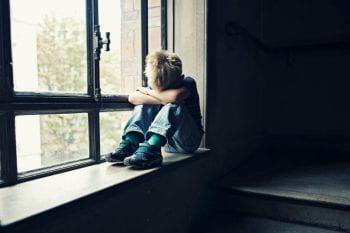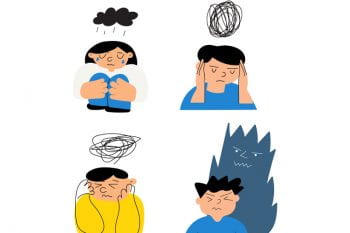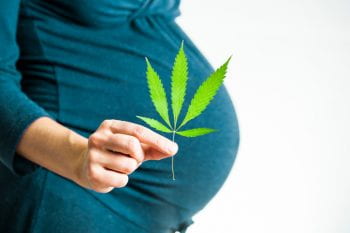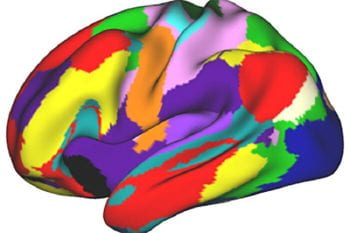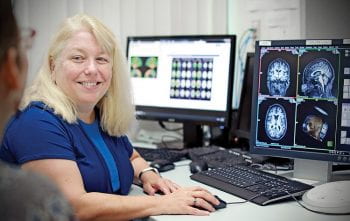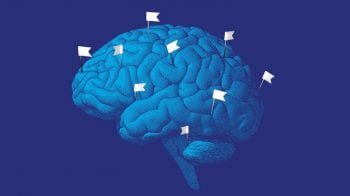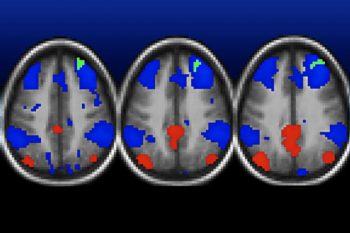Researchers in The Department of Psychological & Brain Sciences are using cutting-edge techniques to help us weather the challenges of everyday life. Human behaviors and emotions can be as complex as any force of nature. From our biggest life choices to the subtle thoughts we barely notice, our minds are always at work. Inspired by […]
Unlocking the secrets of the human brain



